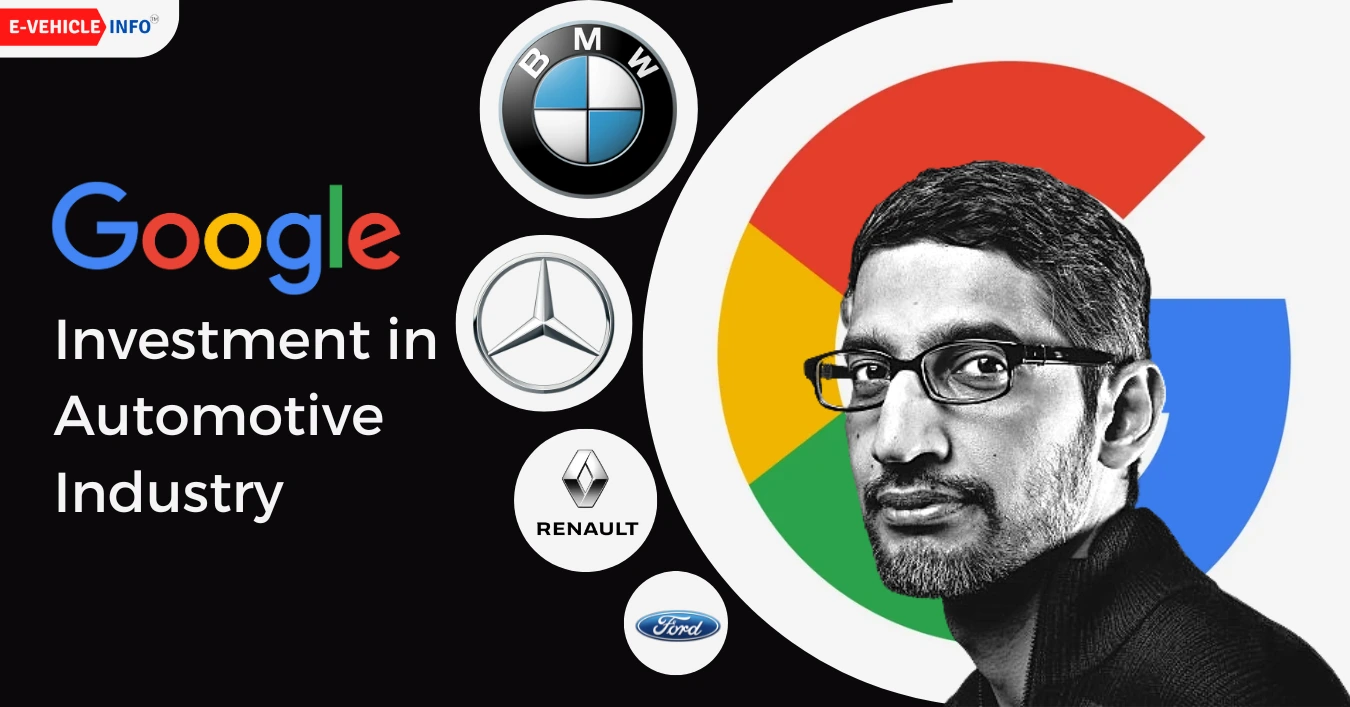 Google dominates over 90% of the internet search market. In the most recently reported fiscal year, Google’s revenue amounted to 305.6 billion U.S. dollars. Google’s revenue is largely made up of advertising revenue, which amounted to 237.8 billion U.S. dollars in 2023. by joining other tech giants in their financial success.
Google dominates over 90% of the internet search market. In the most recently reported fiscal year, Google’s revenue amounted to 305.6 billion U.S. dollars. Google’s revenue is largely made up of advertising revenue, which amounted to 237.8 billion U.S. dollars in 2023. by joining other tech giants in their financial success.
In the automotive life cycle, excluding the pre-sale market, Google is involved in nearly every aspect, spanning from production to post-sale services.
In recent developments, Google has forged a notable partnership with Porsche AG, marking a significant collaboration in the automotive sector.
Additionally, Google is actively working to integrate its advanced AI technology into Continental products, aiming to enhance their capabilities.
On the autonomous driving front, Waymo, a subsidiary of Google’s parent company Alphabet, is making strides in its efforts, with ongoing developments that underscore its commitment to shaping the future of transportation.
Notably, Waymo has garnered attention for its formal engagement with Uber, further solidifying its position in the rapidly evolving landscape of transportation technology.
Continental and Google Cloud Partnership
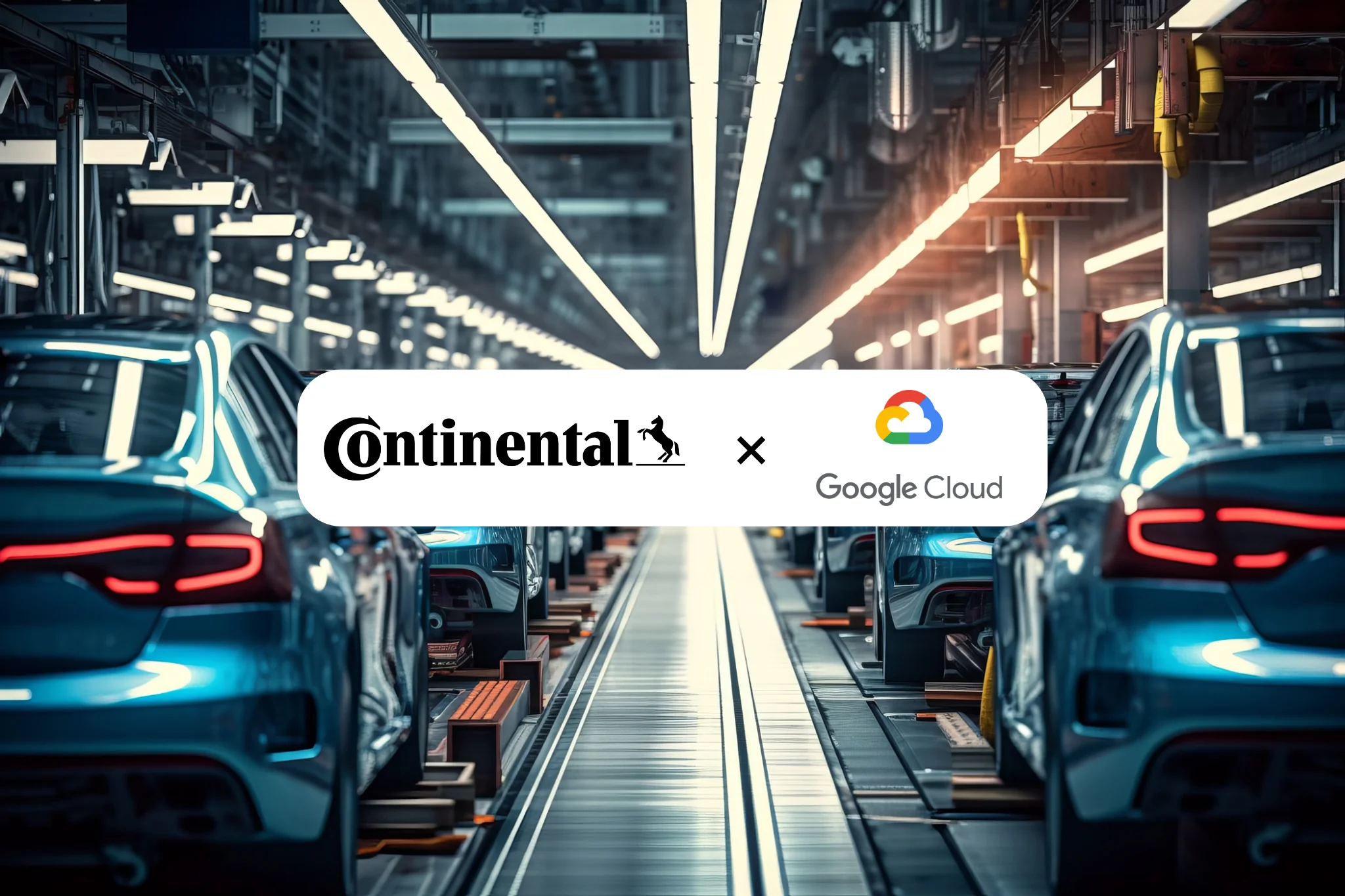
The collaboration, showcased at IAA MOBILITY 2023, introduces Google Cloud’s Conversational AI into Continental’s Smart Cockpit HPC solution, enhancing automotive voice assistants for a more natural interaction.
This strategic partnership aims to expand into additional collaborations, focusing on greater in-car connectivity and enhanced user experiences.
Porsche adopted Google Services
 Porsche will incorporate Google services like navigation, speech, and apps in upcoming vehicle generations, beginning production in the mid-2020s.
Porsche will incorporate Google services like navigation, speech, and apps in upcoming vehicle generations, beginning production in the mid-2020s.
This integration features Google Maps, Google Assistant, and diverse apps from the Google Play Store.
The Porsche Communication Management (PCM) system will maintain its familiar user interface, with regular online updates to ensure its relevance.
Green Light Reshaping City Traffic with AI and Google Maps
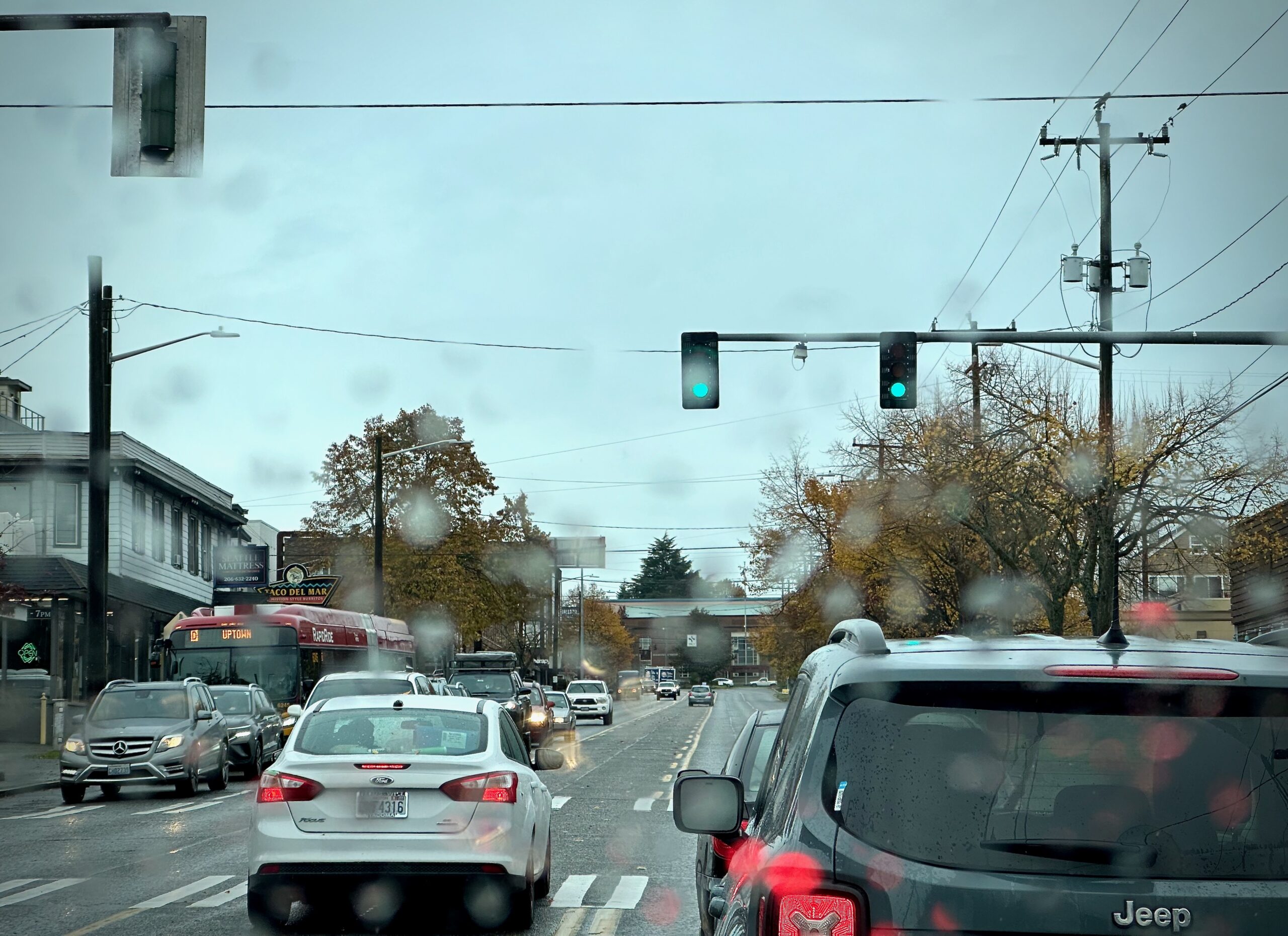 Green Light, utilizing AI and harnessing Google Maps driving trends, demonstrates a profound understanding of global road networks.
Green Light, utilizing AI and harnessing Google Maps driving trends, demonstrates a profound understanding of global road networks.
By modeling traffic patterns and providing intelligent recommendations to city traffic engineers, Green Light, in collaboration with Google, aims to optimize traffic flow.
Early results suggest a potential 30% reduction in stops and a 10% decrease in greenhouse gas emissions.
Through the strategic optimization of intersections and coordination between them, the initiative creates ‘waves’ of green lights, contributing to substantially reducing stop-and-go traffic.
Currently operational in 70 intersections across 12 cities and 4 continents, from Haifa, Israel to Bangalore, India to Hamburg, Germany, Green Light, powered by Google, is making a tangible impact, saving fuel and lowering emissions for up to 30 million car rides monthly
General Motors And Google
Earlier this year, General Motors announced its intention to discontinue CarPlay and Android Auto support in its electric vehicles.
This decision is driven by the goal of achieving enhanced integration with the vehicle through a new infotainment system developed in collaboration with Google.
Uber Launches Waymo’s Autonomous Cars
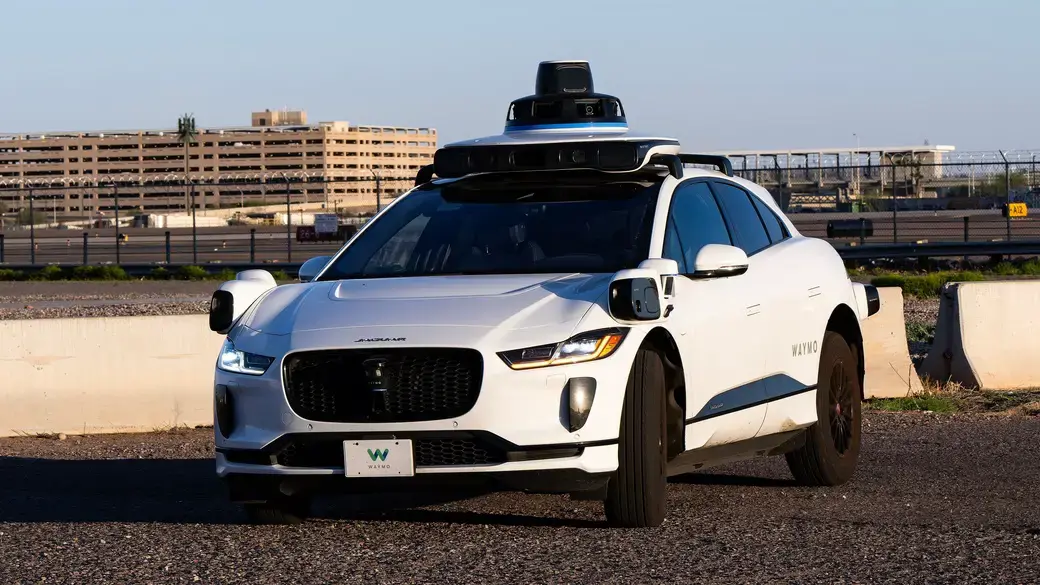 In May, Uber partnered with Waymo, an autonomous car company owned by Google’s parent company Alphabet.
In May, Uber partnered with Waymo, an autonomous car company owned by Google’s parent company Alphabet.
Phoenix marks the initial city where Uber has publicly introduced access to Waymo’s cars, highlighting its status as the largest fully autonomous service area globally.
Mercedes-Benz and Google
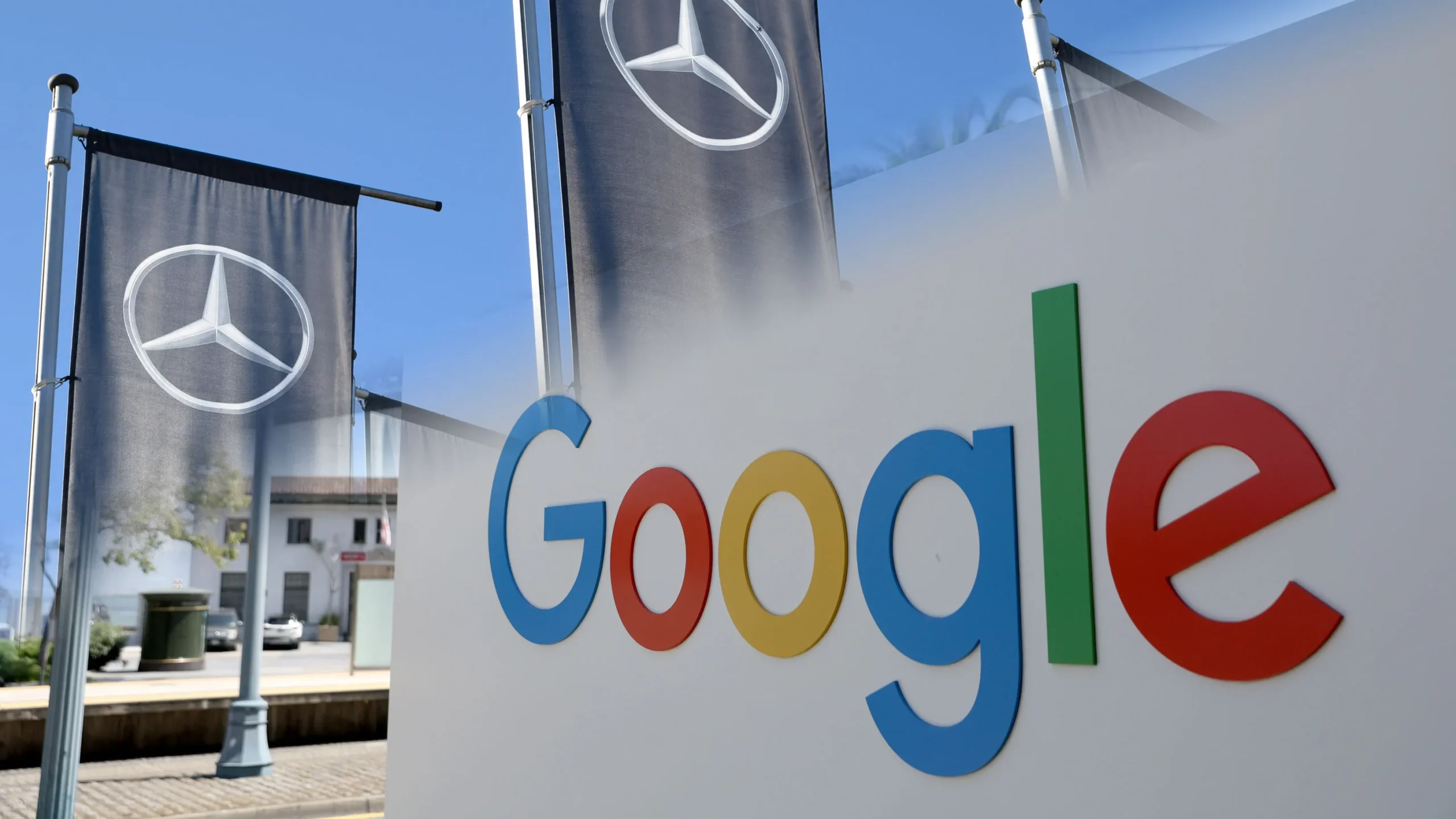 Mercedes-Benz and Google have revealed a substantial, long-term collaboration aimed at expediting automotive innovation and shaping the future of the industry’s digital luxury car experience.
Mercedes-Benz and Google have revealed a substantial, long-term collaboration aimed at expediting automotive innovation and shaping the future of the industry’s digital luxury car experience.
In an industry first, Mercedes-Benz will develop its distinctive navigation system, utilizing cutting-edge in-car data and navigation features derived from the Google Maps Platform.
Honda With Google In Build
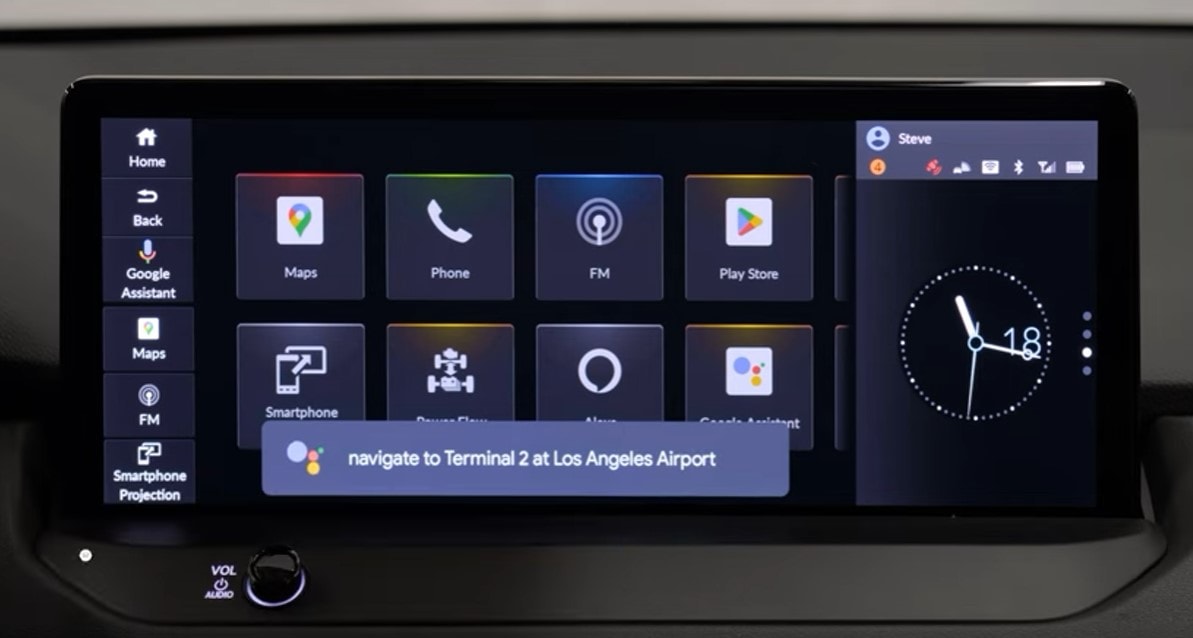 Honda and Google are set to elevate the driving experience with an exciting integration of Google’s in-vehicle connected service into a new model, hitting North American markets in the second half of 2022.
Honda and Google are set to elevate the driving experience with an exciting integration of Google’s in-vehicle connected service into a new model, hitting North American markets in the second half of 2022.
Building on their collaboration since 2015, when Honda pioneered Android Auto in 2016, this partnership aims to seamlessly blend Honda’s connected technologies with Google’s advanced features.
Drivers can anticipate a safer and more enjoyable journey, with voice-activated Google Assistant, integrated Google Maps for navigation, and access to various in-vehicle apps via Google Play.
The collaboration marks a significant step in crafting in-vehicle solutions that cater to the evolving needs of Honda’s customers.
Renault Group creates Software Defined Vehicle with Google
Renault Group and Google Strengthen Collaboration with ‘Software Defined Vehicle’ Initiative, Uniting Automotive Excellence with Digital Innovation.
The partnership extends beyond existing collaborations on the Android Automotive Operating System and Google Cloud technology, paving the way for innovative on-demand services and seamless car upgrades.
Conclusion
In an era defined by technological innovation, automotive giants such as Ford, Volvo, and BMW are also forging strategic alliances with Google.
This prevailing trend signifies more than just collaboration; it encapsulates a unified industry pursuit. Together, these automotive leaders are propelling the sector toward a future characterized by software-defined solutions.
The vision is transformative, promising a landscape where on-demand services and continuous upgrades become the norm, reshaping the driving experience and heralding a new era of connectivity and progress across diverse brands.
The road ahead is not merely paved; it’s being redefined by a collective commitment to innovation, setting the stage for an exciting and dynamic automotive future.




